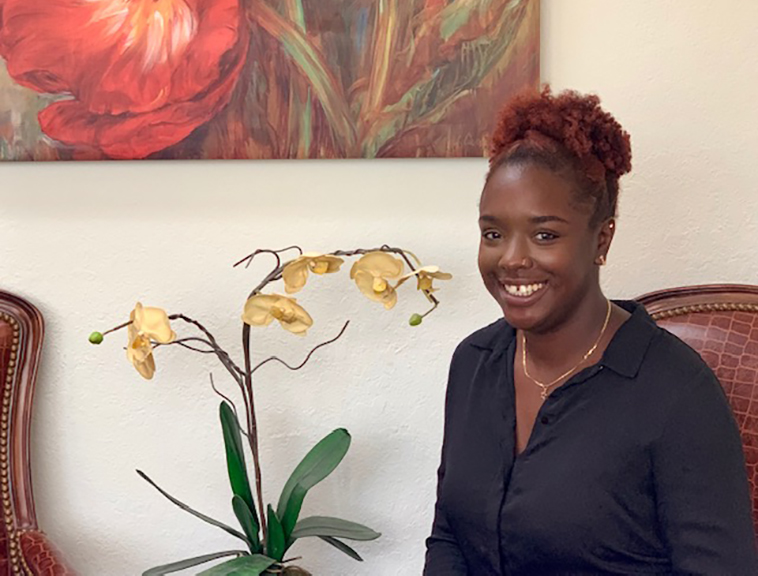- Parenting
BLOG: What is implicit bias?

Talking about race and racism is hard. But in today’s world, it’s more important than ever to have these conversations with our children. In a special blog series, Dr. Danniella Jones, a psychologist with the Palm Beach County Youth Services Department, helps parents navigate these difficult topics.
Please keep in mind that while the following blogs outline a few places to start when discussing race and racism with children, the journey to becoming anti-racist and raising anti-racist children is one that requires continuous and active self-reflection, education, vulnerability, and determination.
Question: I've heard people talk about implicit bias, but I'm not racist. So what does this mean?
In the same way, we are constantly exposed to images and messages from our families, peers, communities, and the media that pair Black, Indigenous, and People of Color (BIPOC) with negative stereotypes such as being criminal, lazy or unintelligent. While not always intentional, the impact of these automatic reactions causes harm to People of Color. Instead of thinking about whether you are racist or not, it may be more helpful to start by reflecting on some of the racist messages you have absorbed and how you can begin to challenge those pairings in order to better support Black and Brown people.
More Answers from Dr. Jones
BLOG: Some helpful definitions in understanding race and racism
BLOG: Why can't I say, 'I don't see color?
BLOG: Should I talk about race and racism with my children?
BLOG: How do I start talking to my young child about race and racism?
BLOG: How can I expand my child's worldview?
BLOG: Expert tips for talking with children about race and racism
Dr. Danniella Jones is a psychologist with the Palm Beach County Youth Services Department.
